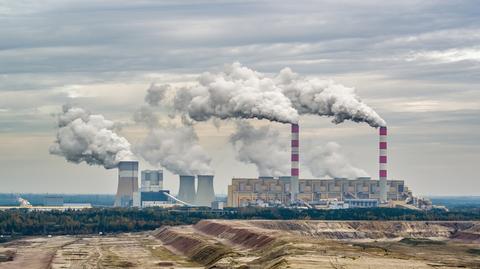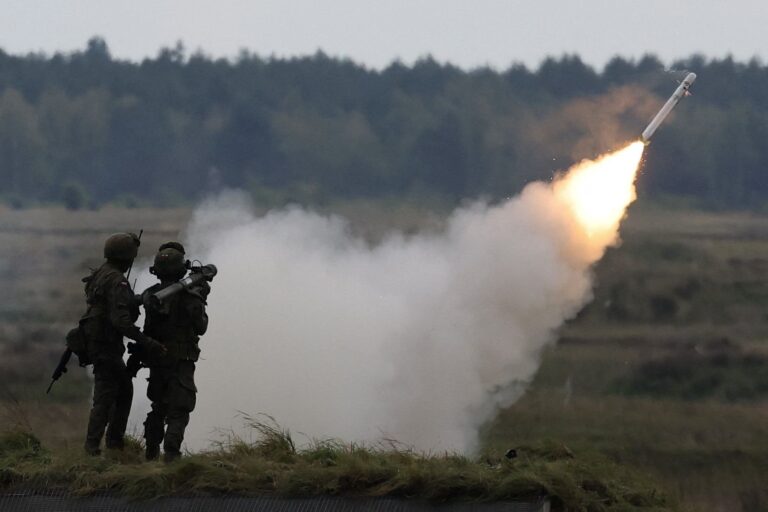Biznes Fakty
NABE is going to the trash bin. Minister: Tens of billions of zlotys in losses

Minister of State Assets Jakub Jaworowski stated on Wednesday that the idea of separating coal assets (power plants) from the National Energy Security Agency (NABE) lacks economic justification. The Ministry of Assets (MAP) anticipates that this move could lead to losses exceeding PLN 50 billion over a span of 15 years.
Jaworowski mentioned that MAP intends to put forth a proposal to the Council of Ministers aimed at revoking the 2022 resolution by the PiS government regarding the establishment of NABE.
He highlighted that the projected cumulative financial shortfall for the 14 coal-fired power plants slated to be included in NABE between 2025 and 2040 would amount to PLN 54 billion, translating to a loss of PLN 74 for each MWh of electricity produced by those plants.
“Under such conditions, we would inevitably face bankruptcy,” remarked Jakub Jaworowski. He emphasized that the analyses presented during the formation of NABE have not proven reliable over time. He also pointed out that it was assumed, among other factors, that energy prices would need to remain at the elevated levels seen during the COVID pandemic, and only then would there be a chance of maintaining viability, which he deemed an entirely unrealistic scenario.
Another support system for power plants
The minister further indicated that coal assets will need to be operational for approximately another decade to ensure the stability of the power system, which is why a different support framework is essential. He added that efforts are currently being made to develop such a mechanism.
Following the recommendations of the MAP coal asset separation team, a combination of several strategies was deemed the most effective new support model, although these require notification to the European Commission.
As government representative Wojciech Wrochna informed reporters, the government aims to extend the capacity market mechanism, but this will not simply be an extension of the existing framework. The goal is to create a mechanism that ensures security while also facilitating the most cost-efficient decarbonization.
The capacity market incentivizes energy producers, primarily coal-fired power plants, for their commitment to supplying electricity to the grid.
Three elements of the plan
The new mechanism is expected to comprise three components: the continuation of the capacity market, the flexibility market, and the decarbonization mechanism. The objective will be to establish new low-emission units that guarantee system security and generation adequacy, as explained by Wrochna.
Simultaneously, this aims to allow for the continued operation of coal-fired units for as long as necessary, the representative added.
He also mentioned that preliminary discussions have been held with the European Commission.
NABE’s idea
According to the initial plan for NABE, the State Treasury was to acquire from state-affiliated companies – namely PGE, Enea, Tauron, and Energa, which is owned by Orlen – their subsidiaries involved in electricity production in traditional coal-fired power plants, including PGE Górnictwo i Energetyka Konwencjonalna, Tauron Wytwarzanie, Enea Wytwarzanie, Enea Elektrownia Połaniec, and Energa Elektrownie Ostrołęka.
These companies would subsequently be consolidated within GiEK, which, following this consolidation, would operate as NABE – a company with 100% state ownership.
During the previous legislative term, the Sejm even enacted a law concerning financial guarantees for NABE. However, the Senate rejected this law, and the Sejm did not revisit the issue before the conclusion of the term.



